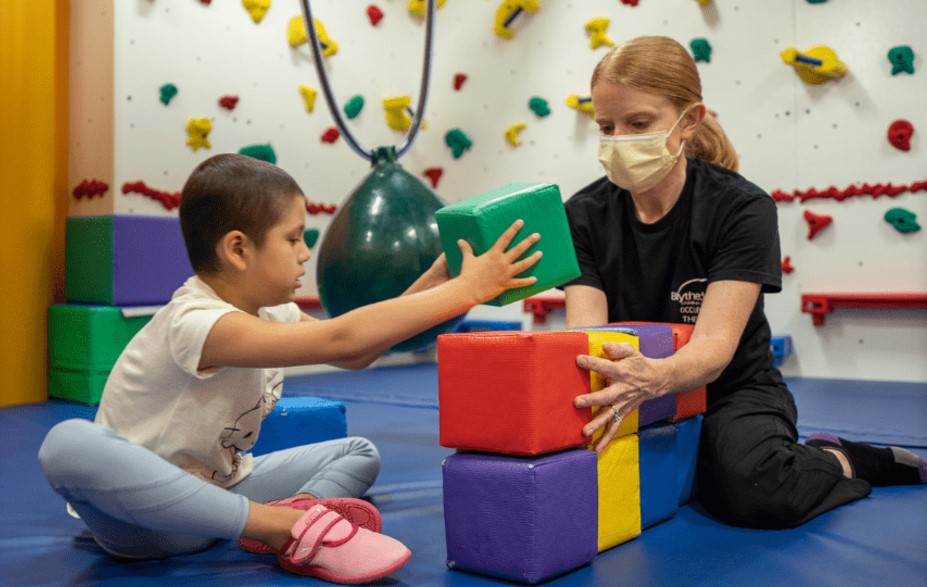
Occupational Therapy

Occupational therapy (OT) is a form of therapeutic intervention that helps individuals develop, recover, or maintain the skills needed for daily living and working. It is provided by experienced occupational therapists who focus on improving physical, sensory, cognitive, and social abilities to enhance independence and quality of life.
Key Focus Areas of Occupational Therapy:
Activities like dressing, grooming, eating, or using the restroom.
Adaptations to routines to promote independence.
Fine Motor: Improving hand-eye coordination for tasks like writing, buttoning, or using tools.
Gross Motor: Enhancing body movement for activities like walking, jumping, or climbing.
Helping individuals process and respond to sensory information
Useful for individuals with sensory sensitivities or sensory-seeking behaviors.
Improving attention, memory, and problem-solving abilities.
Developing strategies to manage emotions and reduce anxiety.
Encouraging interaction, teamwork, and sharing in children.
Building confidence in group settings.
Adapting home, school, or workplace environments to make tasks easier.
Recommendations for assistive devices (e.g., grab bars, specialized utensils).

Benefits of Occupational Therapy:
- Increases independence in daily activities.
- Improves motor and coordination skills.
- Enhances social participation and communication.
- Supports emotional well-being and reduces frustration.
- Helps individuals adapt to their environment or disability.
Occupational therapy is provided in schools, clinics, hospitals, or at home, with a personalized approach that meets the unique needs and goals of each individual.